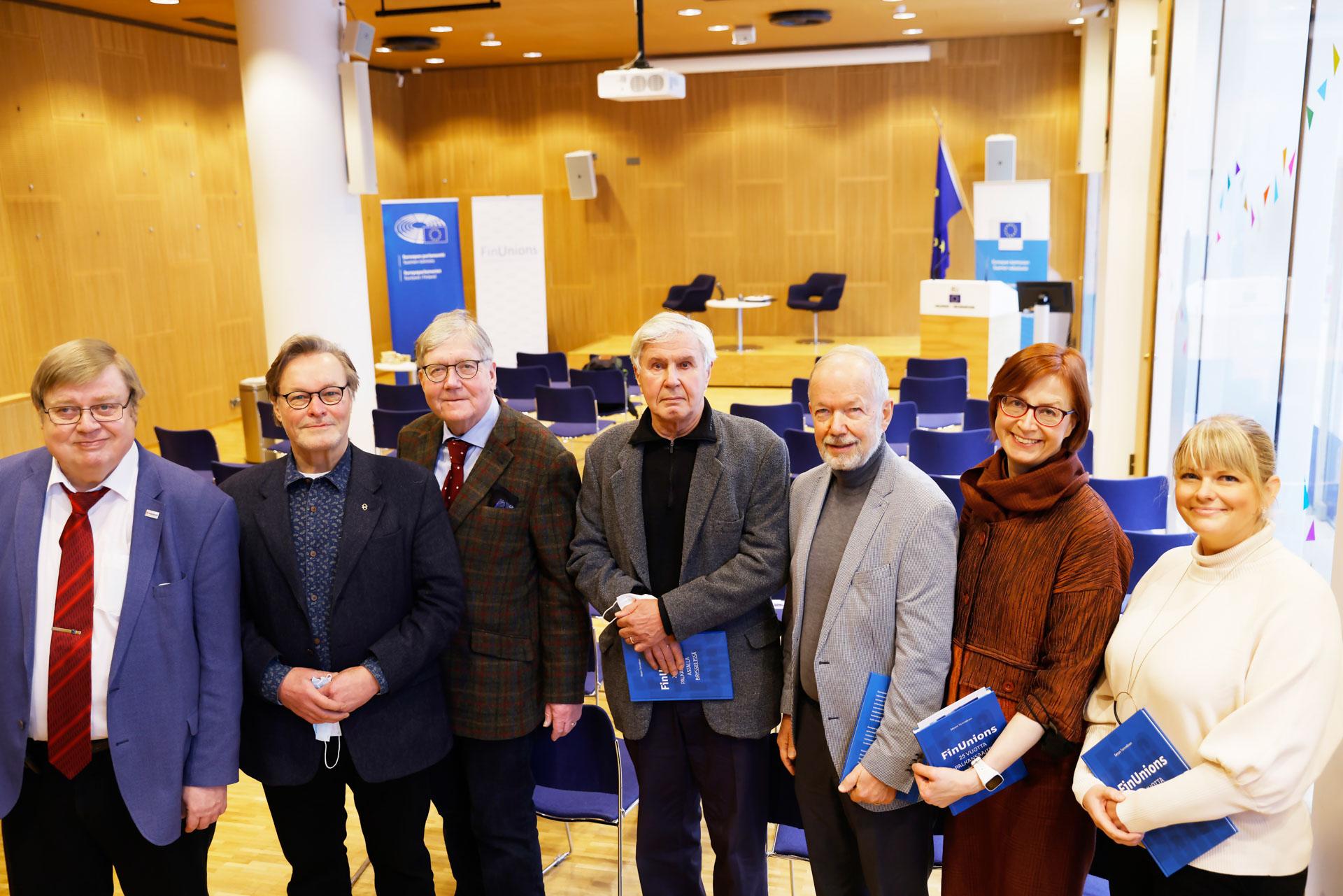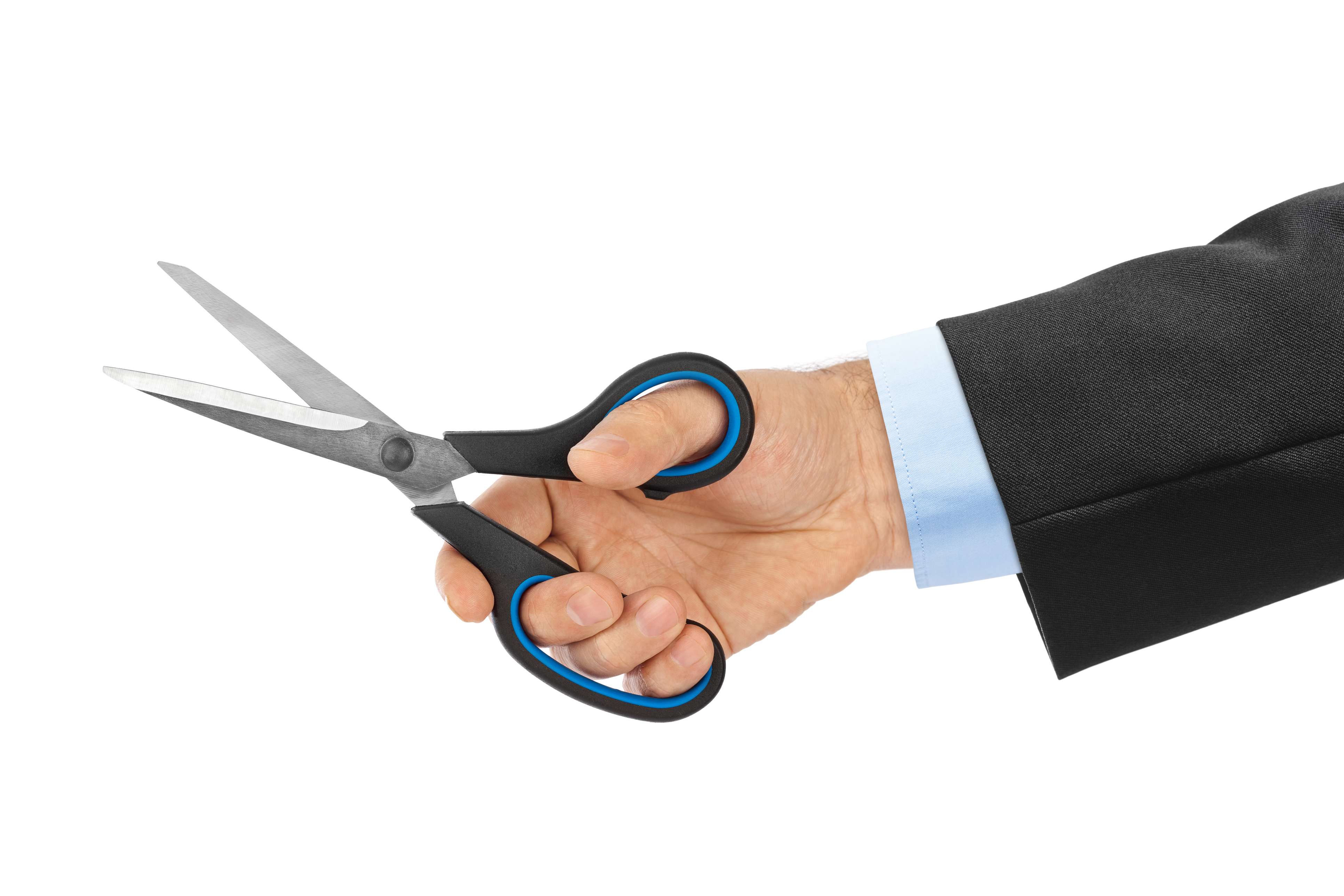Haku
Haulla "approvisionnement des comptes Vinted ➛ acc6.top" löytyi 23 tulosta.
Hakutulokset
Artificial Intelligence
Priorities
Platform Economy
Priorities
Change of personnel in FinUnions. An interesting EU autumn lies ahead.
News
The voice of Finnish employees in Brussels from the beginning of EU membership
The Finnish trade union representation has been based in Brussels since 1995. FinUnions celebrated its anniversary in 2020, when it was 25 years since the office was founded. But the EU integration of employees began much earlier. This year FinUnions is celebrating its 30th anniversary.
In Brussels defending wage-earners
You can read FinUnions’ history book written by Seppo Tamminen, a Finnish reasearcher, in Finnish online. We also have the pleasure of publishing a summary in English prepared by Kari Tapiola, former Deputy Director-General of the ILO, who as International Affairs Director of SAK participated in the process from 1988 to 1996. The summary is found in English here.
Blog Series “FinUnions 30 Years”
The texts are part of a blog series celebrating both Finland’s and FinUnions’ 30-year journey in the European Union and in Brussels. In the blog entries, former directors of FinUnions and the office’s stakeholders share their experiences of working in Brussels and cooperating on an EU-level.
Heikki Pohja: The Early Days of the Finnish Trade Unions’ European Advocacy
Knut Arne Sanden: From fellow candidates for EU membership to trade union neighbors in Brussels
Luc Triangle: The ITUC and FinUnions: A shared global trade union vision
Olli Rehn: Finland has gained three decades of security, stability, and prosperity
Ari Åberg: The Trade Union Movement Is Needed Now More Than Ever
Antti Palola: 30 Years of improving European Working Life
Erkki Liikanen: Finland’s Path to Europe
A long tradition of EU cooperation
EU co-operation between wage earners began in the early 1990s, when Finland began negotiations on EU membership. At that time, central organizations of trade unions and several trade unions were already themselves involved in European labour organizations.
The Central Organisation of Finnish Trade Unions SAK had been a member of the European Trade Union Confederation (ETUC) since the 1970s. STTK joined the ETUC in the early 1990s.
At the time, two important guidelines were drawn up in the central organizations: First, it was found that EU lobbying required close cooperation from all organizations. Secondly, it was decided to support Finland’s goal to seek EU membership. In order to promote these two main objectives, a joint EU lobbying office was set up. It initially operated in Finland for a few years, until the unit moved to Brussels in 1995 under the wings of an EU membership.

Fair and equal social protection of platform workers
News
25 years in Brussels defending wage-earners
News
Workplace accidents that led to death increased last year in Finland
News
Workers’ rights under threat in Finland
News
Does the Finnish government oppose improving the position of platform workers?
Blog
Strengthening of the EWC Directive is necessary

FinUnions supports the Commission’s goal to revise the European Works Council Directive. The Commission published its proposal for the revised directive on January 24, 2024.
The task of European Works Councils (EWCs) is to provide employees with influence in large multinational companies where important strategic decisions are made at the company’s European headquarters. Their purpose is to ensure that despite economic globalization, workers’ rights to information and consultation in decision-making are respected. It is a form of transnational cooperation. Finland has a significant number of EWC companies on a European scale. A considerable number of Finnish employees in various sectors are represented through the EWC system.
The proposed changes to the directive aim to facilitate the establishment of European Works Councils in multinational companies. It is also necessary to clarify the regulation regarding the matters on which European Works Councils need to be informed and consulted. The Commission aims to promote timely information and consultation of workers the changes and ensure that EWCs have the necessary conditions to carry out their tasks. The purpose is also to strengthen gender equality in EWCs.
FinUnions and European trade union confederations consider the strengthening of the directive necessary. Currently, the directive does not ensure workers’ rights as of timely access to information and consultation. Consultation often occurs too late in the process. Additionally, excessive confidentiality has limited consultation rights and information sharing. There have also been problems in determining which issues are considered transnational, or within the scope of the European Works Council’s responsibilities, and how the impacts or potential impacts of the issue are assessed. The sanction system related to non-compliance with regulations is inadequate, and the legal protection process is complex. The sanction system should be clearly outlined in the directive, as it supports the implementation of the directive’s purpose in all EU/EEA countries.
The Central Organisation of Finnish Trade Unions (SAK) and the Finnish Confederation of Professionals (STTK) will form a more comprehensive opinion on the details of the directive as the directive is making progress, considering also the influencing and preparatory work of the European Trade Union Confederation (ETUC).
Additional information:
• Susanna Salovaara, Head of Office, FinUnions, +32 488 479 508, susanna.salovaara@finunions.org
• Pekka Ristelä, Head of International Affairs, SAK, +358 40 5468781, pekka.ristela@sak.fi
• Maria Häggman, Head of International Affairs, STTK, +358 40 148 9091, maria.haggman@sttk.fi
